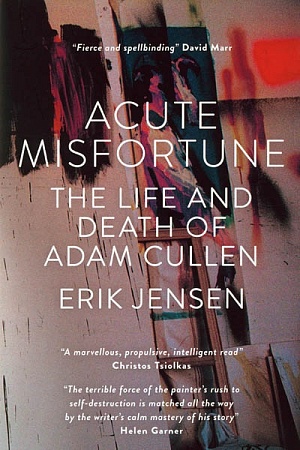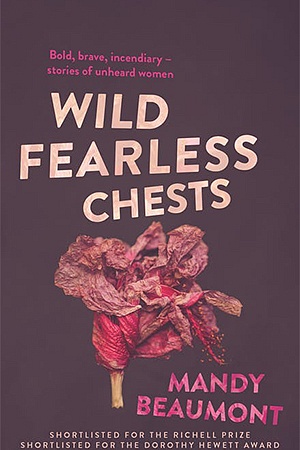Growing Up Aboriginal In Australia
Black Inc., $29.99 pb, 311 pp, 9781863959810
Growing Up Aboriginal In Australia edited by Anita Heiss
The late historian Patrick Wolfe did not pull any punches when he wrote that colonialism seeks to eliminate and replace the Indigenous cultures holding sovereignty over the lands and resources that colonisers wish to claim. Wolfe considered this ‘logic of elimination’ to be one of the defining and persisting features of colonial societies, manifest not only as early-frontier warfare and land expropriation but also as a whole range of subsequent policies and attitudes working towards the erasure, dispossession, or assimilation of Indigenous peoples. By demonstrating the continuity between these policies and attitudes and the violence of the frontier, Wolfe famously asserted that colonial invasion is not a single event occurring in the distant past – something over and done with, which everyone should now move on from – but an ongoing structure within colonial societies today, including Australia.
Heavy stuff, all this talk of invasion and erasure. Not a suitable topic for children, some might think. Indeed, many fully grown white Australian adults balk at thinking about, or even acknowledging, these defining aspects of Australia’s past and present. And yet, reading this ground-breaking anthology as a non-Indigenous person, one is struck by the fact that growing up Aboriginal in Australia often means confronting and negotiating the ongoing structure of colonial invasion, and its eliminatory logic, at a very young age. Growing Up Aboriginal in Australia is compiled and edited by Anita Heiss – prolific writer, anthologist, Indigenous literacy advocate, and proud Wiradjuri woman – who brings together more than fifty contributors to reflect on growing up Aboriginal in Australia. Heiss begins her introduction by emphasising that ‘there is no single or simple way to define what it means to grow up Aboriginal in Australia’, and that her goal in compiling this anthology is ‘to showcase as many of the diverse voices, experiences and stories together as possible’. Heiss makes a number of editorial decisions that work to showcase this diversity.
Continue reading for only $10 per month. Subscribe and gain full access to Australian Book Review. Already a subscriber? Sign in. If you need assistance, feel free to contact us.















Leave a comment
If you are an ABR subscriber, you will need to sign in to post a comment.
If you have forgotten your sign in details, or if you receive an error message when trying to submit your comment, please email your comment (and the name of the article to which it relates) to ABR Comments. We will review your comment and, subject to approval, we will post it under your name.
Please note that all comments must be approved by ABR and comply with our Terms & Conditions.